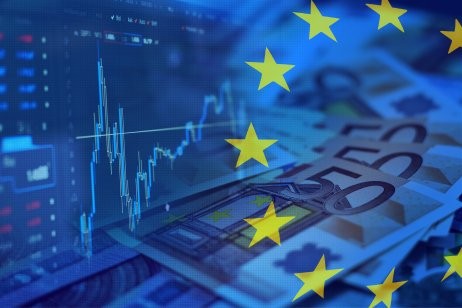Voters in Poland and Croatia head to the polls today, May 18, 2025, in elections that will shape the European Union’s political trajectory. Poland’s presidential race and Croatia’s local elections, though distinct, reflect broader tensions between pro-EU liberalism and nationalist populism. With economic woes and geopolitical strains intensifying, these votes offer a snapshot of Europe’s democratic pulse, testing the resilience of its centrist forces against rising far-right currents.
Poland’s high-stakes presidential vote
Poland’s presidential election is a defining moment for its 38 million citizens and the EU. The president wields veto power, influencing legislation and foreign policy. Prime Minister Donald Tusk’s pro-EU Civic Coalition backs Warsaw mayor Rafał Trzaskowski, who polls at around 33%, against Karol Nawrocki, supported by the nationalist Law and Justice party, at 26%. A runoff on June 1 seems likely, with far-right candidate Sławomir Mentzen, polling at 11%, potentially playing kingmaker. The campaign has exposed deep divisions over EU integration, migration, and ties with the United States, especially after Nawrocki’s high-profile meeting with Donald Trump. The outcome will determine whether Poland strengthens its EU alignment or veers towards populism, impacting regional stability.
Croatia’s local elections
In Croatia, local elections across municipalities and cities today will shape governance in a nation of 3.8 million. These contests, with a possible second round on June 1, focus on issues like infrastructure, tourism, and economic recovery post-COVID. Parties like the ruling Croatian Democratic Union face challenges from fragmented opposition, including social democrats and far-right groups. While less prominent than Poland’s vote, Croatia’s elections matter for EU cohesion, as local leaders influence national policy on EU funds and migration. High voter turnout, typical in Croatia, will signal public engagement amidst growing disillusionment with Brussels.
Europe’s broader challenges
These elections unfold amid economic stagnation and populist surges. Germany’s projected 0.2% growth in 2025 fuels voter discontent, boosting far-right parties like Austria’s Freedom Party. Concerns over foreign interference, as seen in Romania’s annulled 2024 presidential vote, loom large, with Poland’s election under scrutiny by the OSCE. The results will affect EU debates on climate, enlargement, and security, particularly along NATO’s eastern flank. If nationalist candidates gain ground, the EU’s unity could weaken, complicating responses to global crises. These votes are a barometer of whether pro-EU forces can counter populist momentum.
Today’s elections in Poland and Croatia, though not for the European Parliament, carry weight for the EU’s future. Poland’s presidential race could redefine its role in the bloc, while Croatia’s local votes reflect grassroots priorities. As Europe grapples with division, these outcomes will test the strength of its democratic values. Engaging in the electoral process remains crucial to shaping a cohesive and resilient Union.
newshub finance




Recent Comments